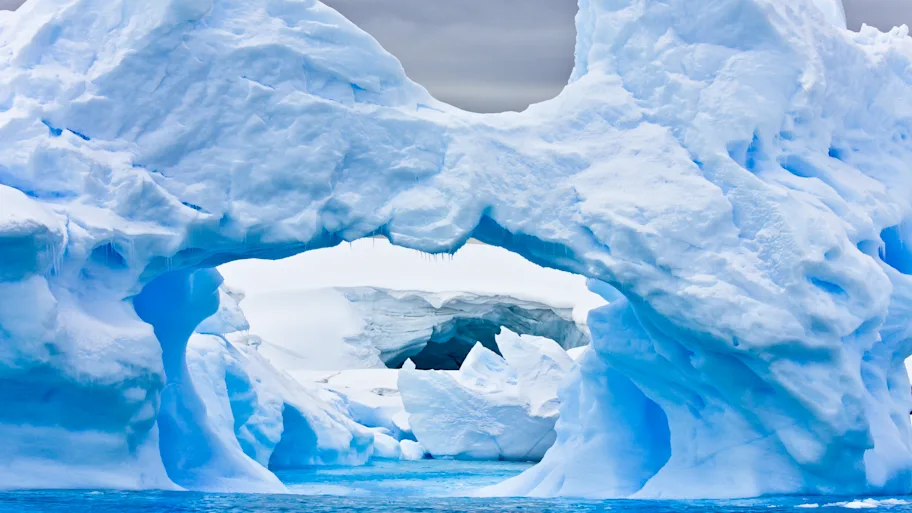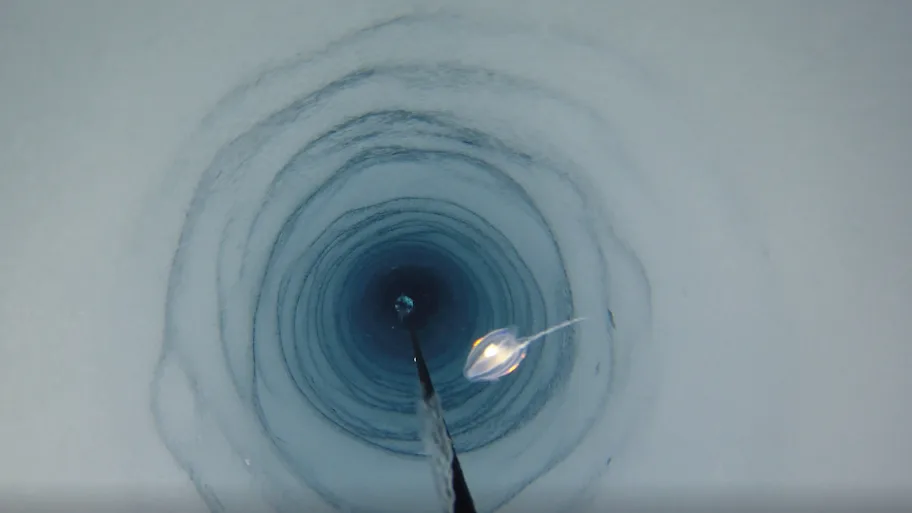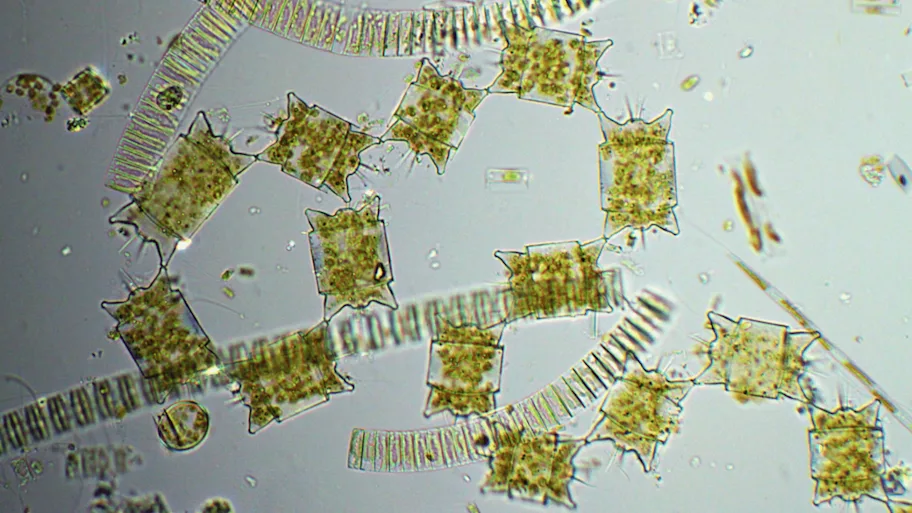
- Science news
- Life sciences
- Healthy Oceans, Healthy Planet -World Oceans Day with Paul Rose
Healthy Oceans, Healthy Planet -World Oceans Day with Paul Rose

Polar explorer Paul Rose – photo courtesy Paul Rose.
By Nina Rothe
Former Vice President of the Royal Geographical Society and Chair of the Expeditions and Fieldwork Division, polar expert Paul Rose is currently Expedition Leader for the National Geographic Pristine Seas Expeditions.
He was the Base Commander of Rothera Research Station , Antarctica, for the British Antarctic Survey for 10 years and was awarded HM The Queen’s Polar Medal**.** For his work with NASA and the Mars Lander project on Mt Erebus, Antarctica, (which he climbed, of course!) he received the US Polar Medal.
And he has a mountain named after himself in Antarctica.
Happy World Oceans Day, Paul! When you think about the sea, what’s the first image, smell and sound that comes to your mind?
Freedom, simplicity, adventure, promise!
What has been the most important achievement in terms of ocean conservation in the past year and what do you consider the 3 most pressing problem(s) facing the world’s oceans right now?
Raising the level of awareness to the extent that this is now a genuine sweet-spot for ocean conservation is a real success. For the first time in history, people understand that human activities directly affect the ocean’s health. The there most rousing problems are: overfishing, plastic debris and the lack of political will.
In terms of securing ocean health for future societies, what needs to be done and by whom?
World leaders must show ocean leadership by committing to 10 percent protecting of their EEZ’s as a bare minimum. In addition, politicians and business influencers must embrace the “Blue Economy.” IUU fishing can now be accurately monitored by satellite systems – so it’s now within our reach to stop almost all IUU fishing. We need industry and governments to embrace the technology. Governments have to show commitment to ending IUU fishing by leading prosecutions.
Plus, the waste disposal into the sea is a continuing disgrace. We need to get tough on polluters. The plastic debris awards programs are all working well, but the Ocean Recovery Alliance projects headed up by Doug Woodring is the most action focused and is especially well connected in the plastics industry. And for divers to get involved on every dive then you can’t beat Project Aware.
There is an excellent opportunity at COP 21 in Paris this year for world leaders to take action on climate change and therefore limit the effects of ocean acidification.
In the spirit of the “My Ocean Promise” campaign for World Oceans Day, what are the things each of us can do straight away to contribute to ocean conservation?
Everyone must:
Only buy legally caught fish.
Take personal responsibility for our plastic disposal.
become and active “ocean constituent” locally, nationally and internationally.
What’s your next adventure and where can we see you next?
The Arctic! I am on my way now to the northern tip of Baffin Island. We’ll be there for 6 weeks at a very dynamic time when the sea ice is breaking out, icebergs rolling, open water appearing and bringing in whales, seals and polar bears. I’m leading the field team as part of our National Geographic Pristine Seas expedition: The last Ice.






